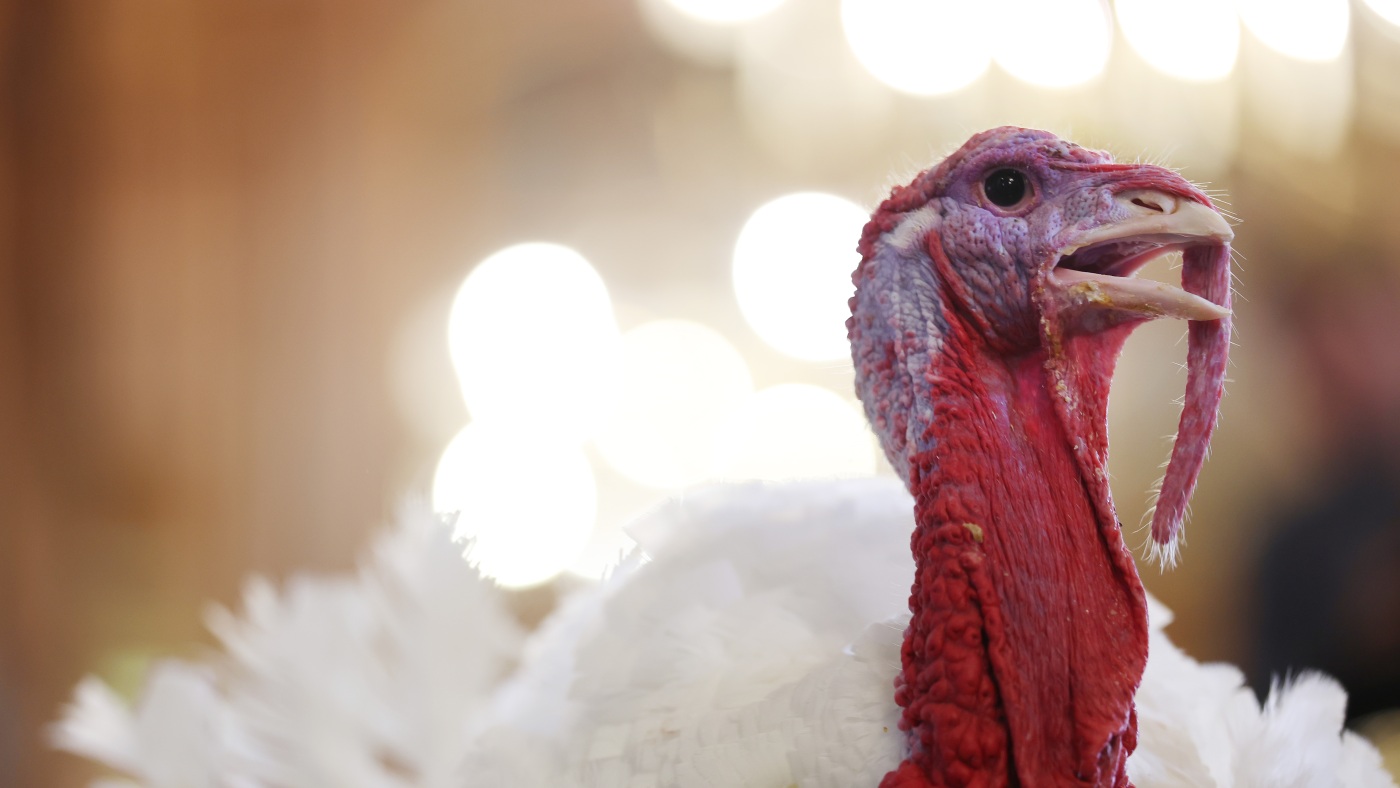
"In the English language, the turkey gets kind of a tough break. Talking turkey requires serious honesty and speaking harsh truths. Going cold turkey is, often, an onerous way of quitting something completely and suddenly. Being a turkey is a rude zinger thrown at movie and theatrical flops, as well as unpleasant, failure-prone people. Yet, in the culinary world, the turkey looms large, particularly during November."
"This year, Americans are expected to eat about 30 million of them on Thanksgiving day, according to the National Turkey Federation. It's a fitting legacy for a bird that's been a fixture of holiday meals ever since it was first brought across the Atlantic to Europe by colonists. But for all its cultural ubiquity, much of the turkey's early history is shrouded in uncertainty, historians and etymologists say. That's particularly true of how the bird got its name."
English idioms portray the turkey negatively, yet the bird occupies a central role in November holiday cuisine, with about 30 million consumed on Thanksgiving. The species Meleagris gallopavo was domesticated in pre-Columbian Mexico and the U.S. Southwest, though precise details of domestication and which European explorers first transported the birds remain unclear. By the 1520s turkeys were being raised in Spain and served to the upper class, and farmers across Europe later adopted them. The bird's early history and the origin of its English name remain linguistically and historically confusing.
Read at www.npr.org
Unable to calculate read time
Collection
[
|
...
]